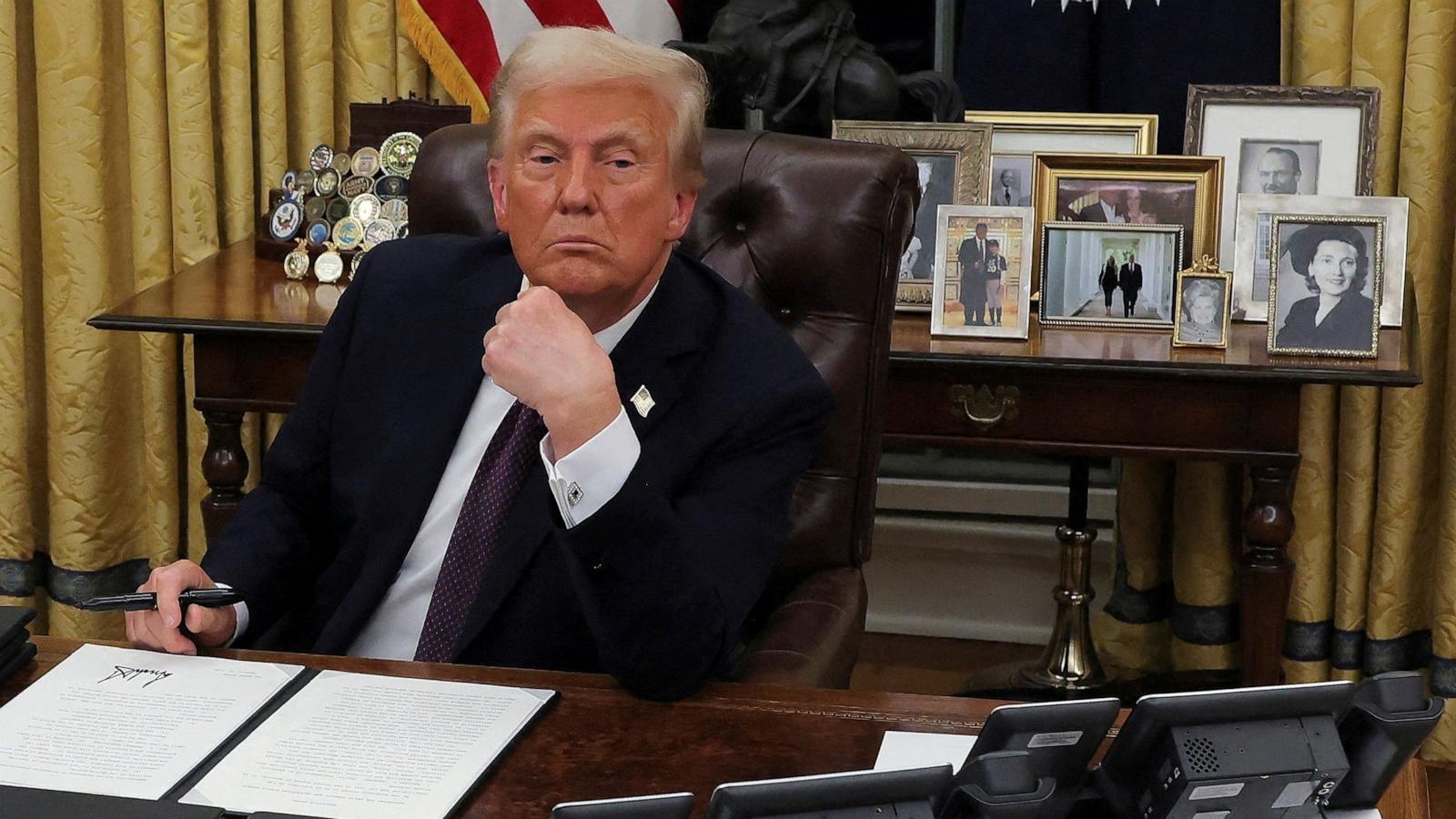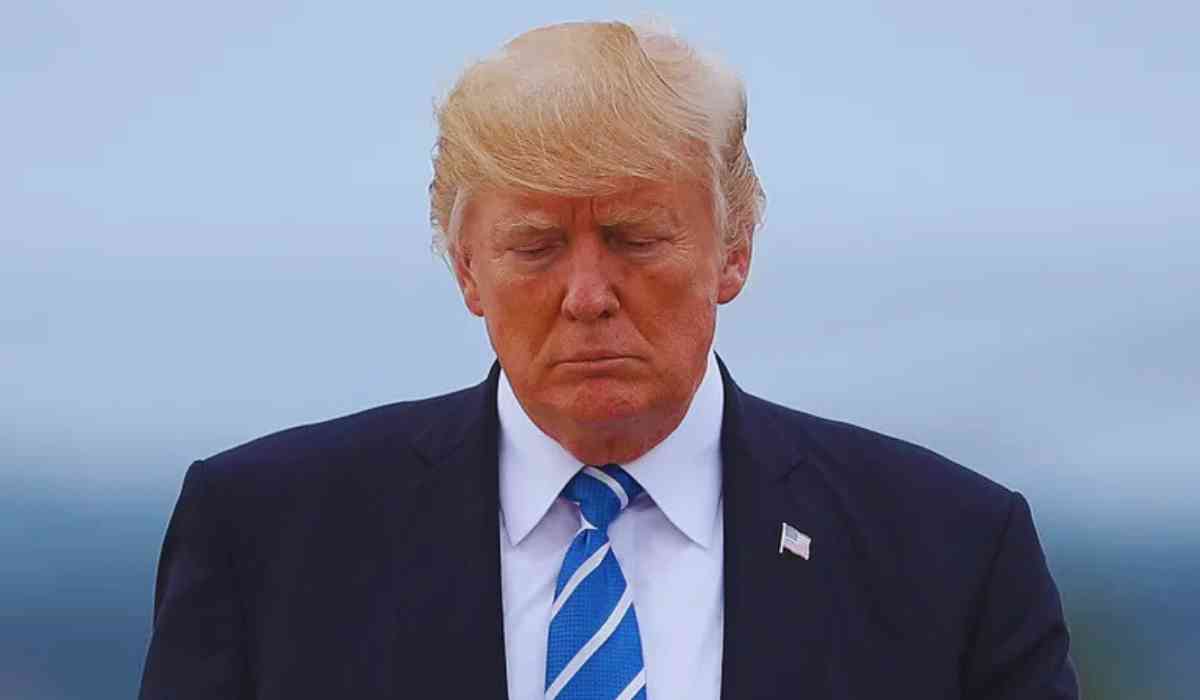The recent legal battle over President Donald Trump's executive order aimed at restricting birthright citizenship has intensified following a federal judge's temporary block of the directive. On January 23, 2025, U.S. District Judge John Coughenour issued a restraining order against the controversial policy, labeling it "blatantly unconstitutional" and expressing skepticism about its legal foundations.

Background on the Executive Order
Trump's executive order, signed on January 20, 2025, sought to redefine birthright citizenship by denying citizenship to children born in the U.S. to parents who are not U.S. citizens or legal permanent residents. This move directly challenges the long-standing interpretation of the 14th Amendment, which has historically guaranteed citizenship to anyone born on U.S. soil, with limited exceptions for children of diplomats.
Legal Challenges
The order has faced immediate pushback from multiple states. A coalition led by Washington, Arizona, Illinois, and Oregon filed a lawsuit arguing that Trump's directive violates constitutional rights and could lead to significant harm for children born under these new restrictions. They contend that if enforced, the order could leave over 150,000 children annually without citizenship rights, creating a new underclass within the U.S..During the court proceedings, Judge Coughenour emphasized his concerns regarding the constitutional validity of Trump's order. He remarked, "I am having trouble understanding how a member of the bar could state unequivocally that this order is constitutional," highlighting the potential implications for families and individuals affected by such a policy.

Implications of the Ruling
The temporary restraining order halts any implementation of Trump's directive until further judicial review can take place. The ruling is significant not only for its immediate effects but also for its potential to shape future immigration policy debates. Legal experts suggest that without a formal amendment to the Constitution—an arduous process requiring broad consensus—the matter will likely be resolved in courts over time.
Conclusion
As this legal battle unfolds, it underscores the contentious nature of immigration policy in the U.S. Trump's attempt to redefine birthright citizenship is seen by many as an overreach of executive power that contradicts established constitutional principles. The outcome of this case may set important precedents regarding citizenship rights and executive authority in immigration matters.In summary, while Trump aims to tackle what he describes as a flawed immigration system through his executive order, the judicial system has thus far pushed back against these efforts, reinforcing the notion that fundamental rights cannot be easily altered by presidential decree. The ongoing litigation will likely continue to draw significant public and political attention as it progresses through the courts.
With inputs from agencies
Image Source: Multiple agencies
© Copyright 2024. All Rights Reserved Powered by Vygr Media.
























